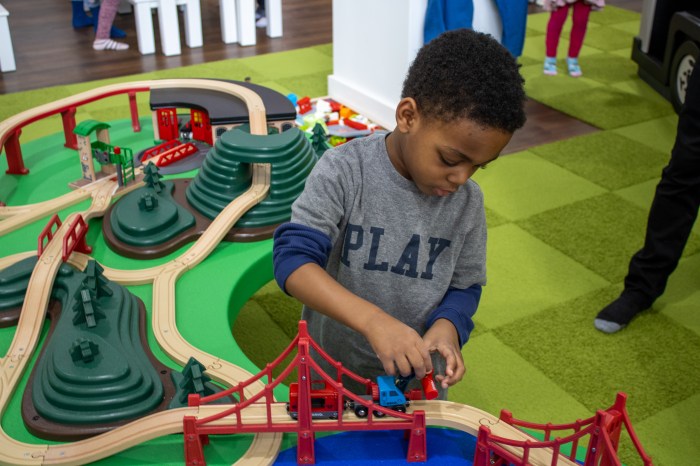
Thinking about running? To get you started on the right foot (heh), we checked in with Larry Schwartz, CEO of comfort footwear maker Aetrex, on what goes into finding the perfect running shoe.
Why is it important to wear the right sneaker?
If you’re wearing a shoe that runs too small and you’re cramming your foot in even as little as a sixth of an inch, that can lead to improper gait and poor biomechanics when walking — such as more pressure on the heel or ball of the foot. If you don’t have proper support that could possibly lead to plantar fasciitis.
What should you look for in a running shoe?
Maybe with the exception of the very, very serious racer, someone who is competing at a very high level, most of us are running or exercising more to stay healthy. We have different needs than someone competing. Most people should look for a shoe that’s right for their feet — knowing your arch type is really key. Shoes would be different for somebody with a very flexible low arch foot than shoes for someone with a more rigid, high arch foot. Someone with a low arch needs more support and stability to keep the foot from pronation, while someone with a higher arch needs more cushioning and shock absorption. When you go into a running store, everyone should take the insole out and make sure they can fit comfortably in that shoe.
What are some sneaker features they should look for?
For us, for example, our sneakers are typically used by people that are concerned about injury. Our runners have what we call a Fat Pad Gel — a thick piece of gel that fits under the heel to keep the foot more stable. Our Edge Runner has adjustability in the rear foot. There’s Velcro in the back so you can customize to fit your heel and provide more stability.
How much should you spend on a pair of running shoes?
Typically, the higher-priced footwear has more technology built into it. It doesn’t mean there aren’t good values out there. Usually, most sneakers that retail for $30 don’t have much built in and don’t use the same levels of materials and technology as something that’s higher.
How long should you keep your sneakers?
For someone who’s not an avid runner, you should get at least six months out of a pair of sneakers. It depends on the usage. They shouldn’t fall apart in a few months. If you’re buying more of a minimalist shoe with less built in and doing serious running in it, it’s not going to last as long as a runner built for durability.

















